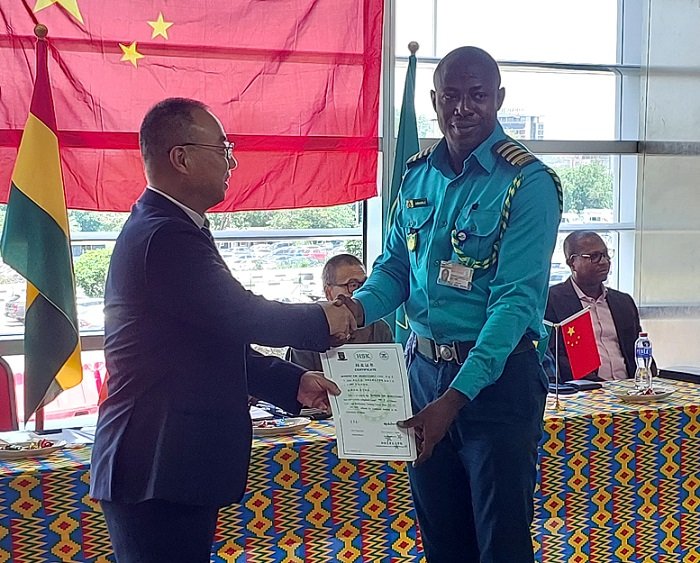He revealed this in Accra yesterday when an investigative report on ECG’S container hold-up at Tema port and related procurement issues were presented to him.
He assured that a detailed investigation would be conducted to find out how the containers went missing and to recover their monetary value.
To prevent further losses, he said the ministry had decided to move the remaining containers to a secured warehouse under 24-hour security provided by National Security.
He criticised the decision to make the procurement unit a stand-alone directorate with estate departments, stating that it was unnecessary and had contributed to financial mismanagement.
Mr Jinapor said plans had been made to restructure the procurement unit, replace the current leadership with a qualified procurement professional, and introduce stricter controls over procurement plans.
He expressed concern over the fact that ECG’s procurement spending had exceeded its approved budget by over 700 per cent.
As part of broader reforms, he stated that ECG’s procurement process would undergo major changes, “New monitoring and tracking systems will be introduced, with real-time oversight from the ministry, ECG leadership, and national security”.
Mr Jinapor said procurement approvals would be closely monitored to prevent excessive spending beyond approved budgets, adding “The ECG board will be required to justify all procurement decisions, ensuring that spending aligns with actual needs and available resources.”
Mr Jinapor said the ministry would work closely with the Attorney General and the police to prosecute those responsible for the missing containers and financial mismanagement.
He stressed that his ministry was determined to transform ECG’s procurement system from a “flawed and potentially corrupt process into an efficient and accountable one.”
The chairman of the Container Committee, Prof. Innocent Senyo Acquah, said the committee uncovered that ECG previously had a system where a fixed amount was transferred weekly into a dedicated account to facilitate container clearing.
According to him, the system worked well and ensured that imported equipment was cleared on time.
However, in 2022, ECG stopped setting aside these funds, leading to the backlog of containers at the port.
“The committee found documents proving that the materials directorate of ECG had raised concerns about the growing backlog on multiple occasions,” he said.
Prof. Acquah warned that without immediate reforms, ECG could face even more serious financial and operational challenges.
He urged management to act swiftly to address the discrepancies, retrieve the unaccounted containers, and prevent further losses.
BY AGNES OPOKU SARPONG












